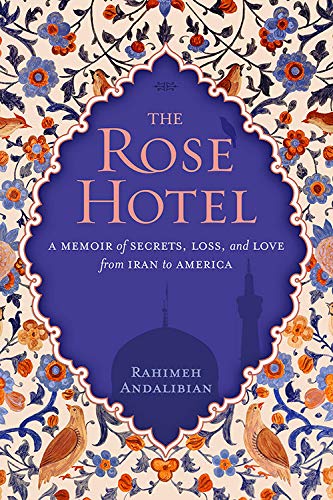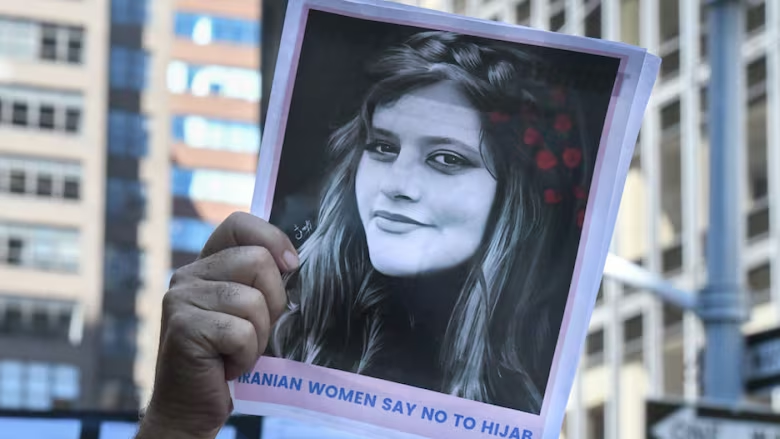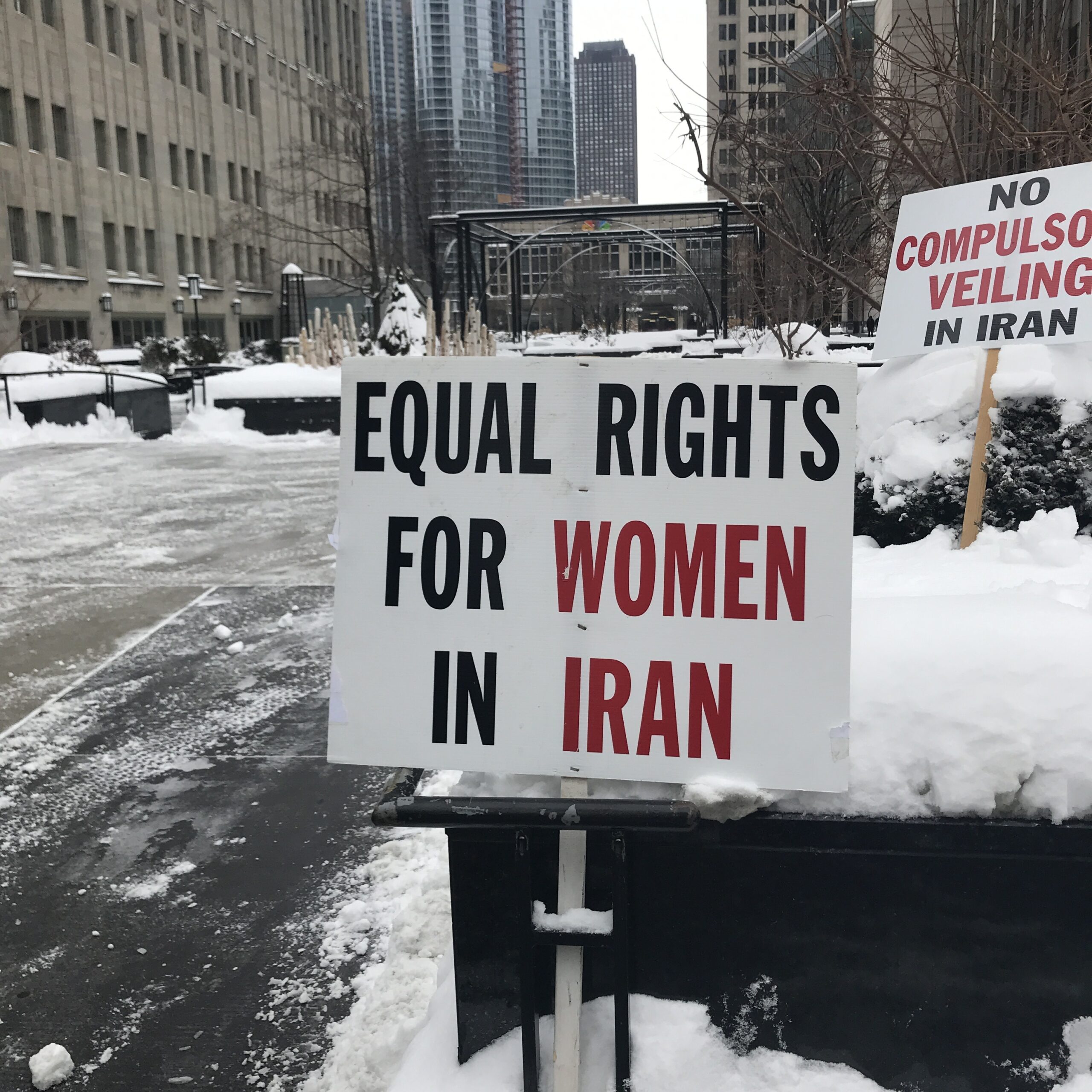
RAHIMEH ANDALIBIAN was born in Tehran and moved with her family to California in 1979, at the onset of the Iranian revolution. Raised and schooled in LA, she is a clinical psychologist specializing in intergenerational family therapy.
On 1 February 1979, Khomeini returned, following an invitation by the government; several million greeted him as he landed in Tehran. By 11 February, the monarchy was brought down and Khomeini assumed leadership while guerrillas and rebel troops overwhelmed Pahlavi loyalists in armed combat. Its causes continue to be the subject of historical debate and are believed to have stemmed partly from a conservative backlash opposing the westernization and secularization efforts of the Western-backed Shah, as well as from a more popular reaction to social injustice and other shortcomings of the ancien régime.
During the late 20th and early 21st centuries in Iran, women’s rights have faced ongoing challenges, marked by strict laws, cultural norms, and government policies that limit freedoms and enforce gender-based restrictions. Since the 1979 Iranian Revolution, the country’s legal system has imposed a conservative interpretation of Islamic law, or Sharia, which directly affects women’s rights in several areas. The World Economic Forum’s 2017 Global Gender Gap Report ranked Iran 140, out of 144 countries, for gender parity.

In September 2022 Mahsa/Zhina Amini, a young woman from Iran’s oppressed Kurdish minority, visited Tehran with her brother. She was stopped and arrested by Iran’s “morality” police (gasht-e ershad), who routinely arbitrarily detain women who do not comply with the country’s abusive and discriminatory compulsory veiling laws.
Eyewitnesses said that police pushed her into a van and beat her, taking her to Vozara detention centre in Tehran. Mahsa/Zhina Amini and her brother were told that she was being transferred to Vozara for an “educational” class aimed at “reforming” the behaviour of women and girls who violate the country’s rigid Islamic dress code. Her brother was also beaten when he protested.
Hours after her arrest, credible reports arose that the “morality” police had subjected her to torture and other ill-treatment inside the police van, including through beatings to her head. She fell into a coma, and was transferred in an ambulance to Kasra hospital in Tehran.

She died in custody three days later in hospital, on 16 September 2022.

In complete contrast I finished my 216TH (!!!) Danielle Steel read…
pure sugar and pure escape and bonus it an escape to France.
Never Say Never, the story of a woman who finds her life turned upside down while living temporarily in the French countryside, is an enthralling testament to new beginnings from billion-copy bestselling author Danielle Steel.


I am apparently destined to be in France this month in book world….


